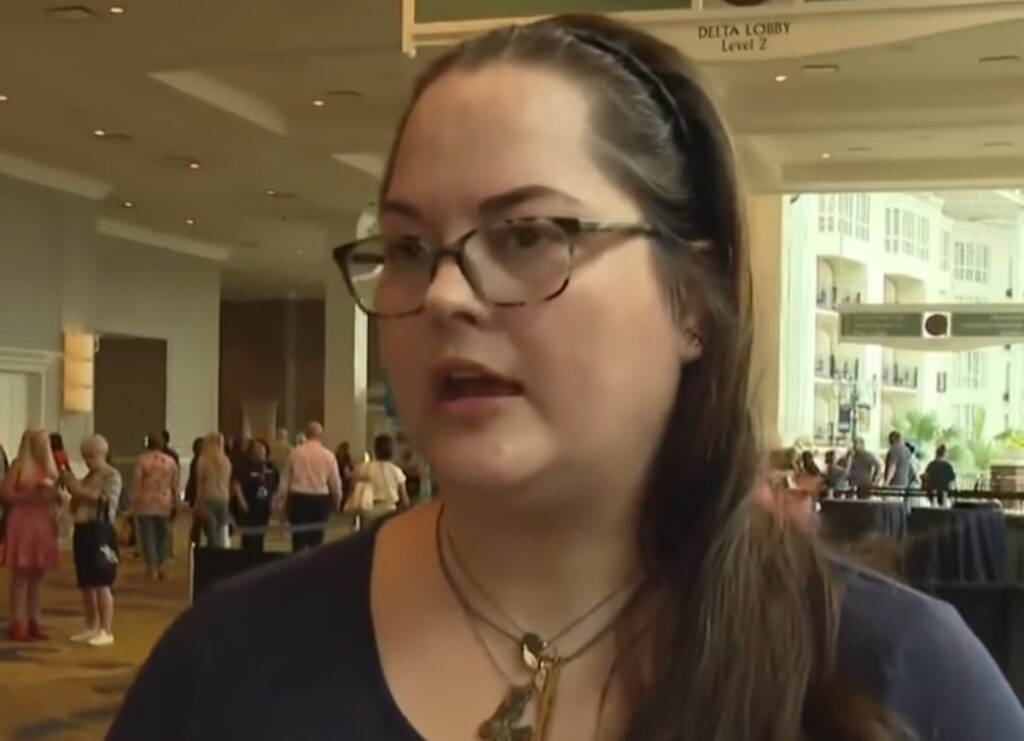There has been a dip in Black enrollment at some of the nation’s top universities since the Supreme Court struck down affirmative action, sharply limiting public colleges and universities from considering race in admission.
Amherst College, the Massachusetts Institute of Technology and Washington University in St. Louis are among at least a half-dozen schools that have seen drops in Black student enrollment for the 2024 academic year.
Mount Holyoke President Danielle Holley said the court’s ban on inquiring about race in admissions demographic data meant the school had to rely on outreach programs, personal statements and other application materials in attempts to meet their diversity goals.
“The feeling was pretty catastrophic,” Holley said of the Supreme Court’s decision. “It fundamentally changed,” the application process, she added. “That demographic information that used to be readily available for a student’s file is now masked.”
The high court’s ruling struck down affirmative action programs at the University of North Carolina and Harvard, with far-reaching consequences for other universities. The court ruled that the schools’ affirmative action programs violated the Equal Protection Clause of the Constitution and are therefore unlawful.
In data released last month, MIT showed that about 5% of its incoming class of 2028 is Black, compared with a 13% average in recent years. Amherst College in Massachusetts saw a significant drop: Black students made up 11 % of its class of 2027, and just 3% for the class of 2028. At Smith College in the same state, 4% of its incoming freshman class is Black, compared to 4.6% last year.
Some, like Yale in Connecticut, have seen steady Black enrollment and others, like Sarah Lawrence College, have seen slight increases.
Flematu Fofana, a freshman at Yale, said she cried when she learned of the court’s decision. Although she excels academically, Fofana, who is Black, worried that her high school lacked the same extracurricular activities and awards possessed by other applicants to top colleges.
“Without affirmative action I felt so uncertain about how my college decision was going to go. It made me decide to change my strategy a little bit when I was applying to colleges too,” she said.
“Initially I had based my school list around how much I aligned with the academics, the extracurriculars there,” said Fofana, who is from a predominantly white county in Maryland. “But after the decision, and when I started visiting schools, I started realizing how much I value diversity.”
Washington University in St. Louis and Tufts University saw a 4 and 2.6 percentage-point drop in Black first-year students, respectively. JT Duck, dean of admissions at Tufts, was among the school leaders across the country who reflected on the impact of the Supreme Court’s ruling.
“We now have our first entering class selected consistent with the Supreme Court’s guidance. Looking at the first-year undergraduate class, the percentage of U.S. students of color has dropped from roughly 50% last year to 44% this year. While still higher than our figure of 38% in 2019, it represents a disappointing drop,” he said, according to the university’s site TuftsNow.
Asian American enrollment for 2028 has decreased at Smith College, Yale and Tufts.
The Supreme Court ruling was a victory for those who opposed race-based considerations in school admissions and a blow to top colleges that say they want to diversify predominantly white student bodies.
Edward Blum, a conservative activist, led the effort to eradicate affirmative action in college admissions. The group led by Blum, Students for Fair Admissions Inc., accused Harvard and the University of North Carolina of discriminating against Asian Americans and favoring Black and Latino students. Some Asian Americans have criticized the claims, saying Blum used them in a thinly veiled attempt to upend affirmative action and sow racial discord.
Blum told NBC News students enrolled at MIT, among the first to release its class of 2028 demographics, “will know that they were selected based upon their outstanding academic and extracurricular credentials, rather than the color of their skin.”
He applauded schools using race-neutral methods to foster diversity.
“If colleges and universities start to cast a wide net in areas that they have previously not looked for students, I think that benefits the student body as a whole and as a strong part of our social fabric here in this country,” he said.




